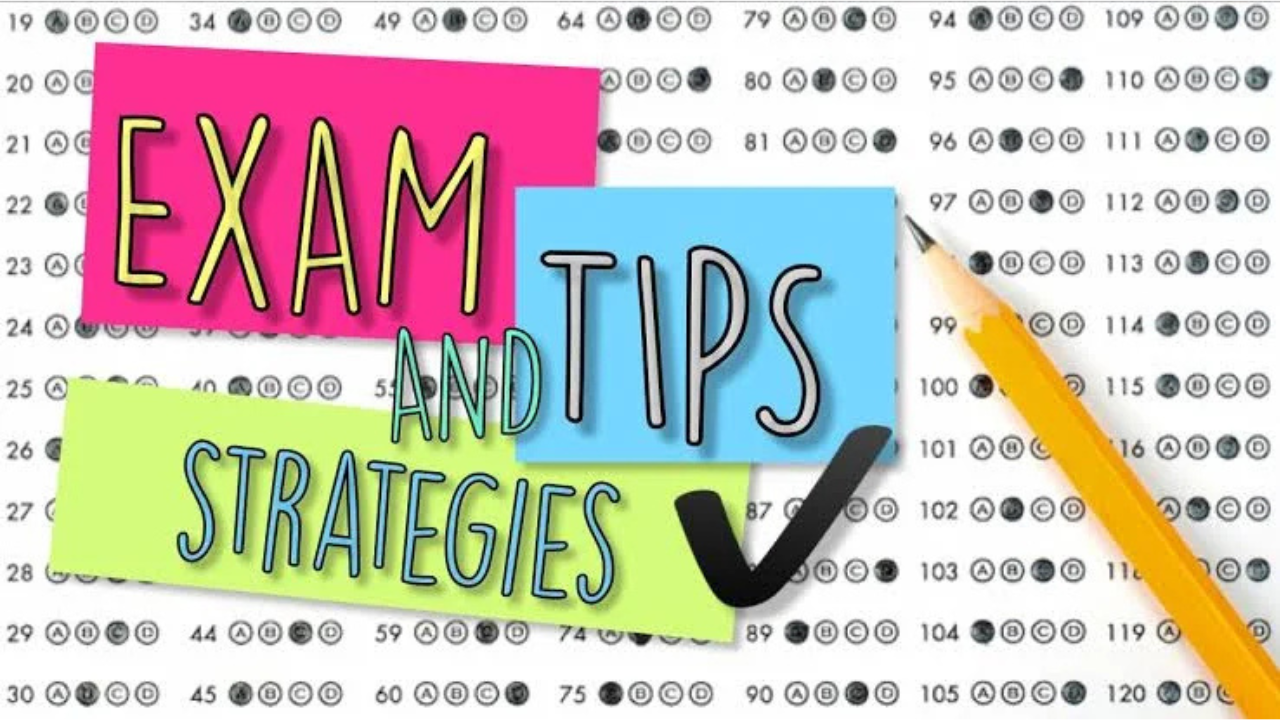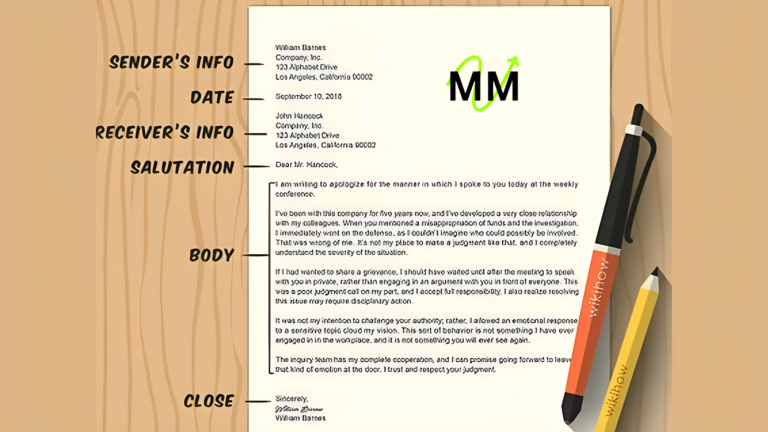7 Best Easy Exam Help Strategies for students

Every student has a common goal: to improve exam performance. From high school to college or pursuing an advanced degree, knowing how to increase grades and grasp the content is critical for success. Students with the correct tactics and recommendations are more likely to maximize their study time and obtain higher outcomes.
Meanwhile, if you’re feeling overwhelmed, there are expert services that can assist you with your request to “take my TEAS test for me,” ensuring you get the results you need without the stress.
Practical Tips That Can Help You Perform Well in Exams
This article shares seven excellent techniques and strategies for helping students improve their exam performance. These suggestions are simple to follow and can significantly change how students approach their academics.
1. Strategic Organization:
Adequate exam preparation requires strategic planning and organization. To minimize burnout, create a realistic study schedule that includes short breaks. You can also divide study sessions into reasonable parts to stay focused on specific themes or subjects. A well-organized strategy ensures you cover everything you must evaluate while avoiding feeling overwhelmed. Sort jobs into priority lists based on their importance and give them adequate time. Mark off what you’ve completed as you go to keep track of your accomplishments. This strategy allows you greater control over your study routine while increasing productivity.
2. Time Management:
Improving time management skills can significantly enhance student achievement. You can begin by creating a study schedule that includes designated times for studying, working on projects, and taking brief breaks. Using a planner or a digital calendar will help you stay on track with the deadline. Also, I always prioritize projects with upcoming deadlines. When you organize your time efficiently, you can reduce stress.
3. Maintain Peaceful Study Environment:
Good preparation leads to excellent marks, and to prepare well, you need to study in a peaceful environment for better comprehension. Consider noise levels, lighting, and comfort to establish an optimal study environment. If your chosen environment has the ideal balance of these elements, you will likely keep your productivity and focus. Some students like to study in utter silence. Some pupils, however, can maintain their concentration even when surrounded by background noise. Furthermore, do not underestimate the benefits of natural light. Though natural light is preferred, if it is not accessible, one can sit somewhere with bright lighting.
4. Employing Memory Techniques:
Using efficient memory skills will help you understand and retain information more effortlessly. Students can employ a variety of approaches, such as mnemonics, mind mapping, and flash cards. All of these strategies contribute to improved memory and learning outcomes. Students should practice and review the study material frequently to get the most out of these strategies.
5. Test Your Understanding Regularly:
Test yourself periodically to reinforce learning and find areas for improvement. Regular testing will allow you to assess your understanding of the content and determine which topics require additional attention. Furthermore, daily assessments help you remember things and increase your confidence. Doing this allows you to attempt the exam more efficiently as you practiced a lot earlier.
6. Seek Help When Needed:
Students can also seek assistance when they are struggling with their schoolwork. They can ask their classmates and lecturers for aid if they find a topic challenging or need to catch up on an assignment. Furthermore, if they are unable to attend your online exam due to a busy schedule and have the request, “Can someone take my online exam for me?” you can enroll yourself in a trustworthy exam help service provider.
7. Integrate active learning techniques:
Active learning entails engaging with the content rather than simply reading or highlighting. Students can summarize their lesson in their own words to help them remember it. They can also ask themselves questions about the issue. Along with it, pupils can teach the principles to others. This is a good approach for reinforcing your learning and improving memory retention.
Read More
Conclusion
Developing profitable study habits is about improving grades, learning more efficiently, and reducing time spent. Good study techniques are vital to performing well in exams. They can help you understand large amounts of knowledge, recall study material in-depth, and confidently approach exams. This blog gives seven practical study ideas and exam practices that can assist students in improving their learning and performance during exams.






